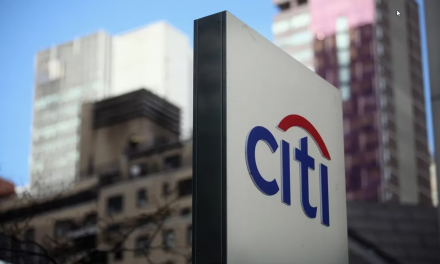In the dynamic landscape of banking technology, two contenders are vying for dominance: artificial intelligence (AI) and cryptocurrency. Their paths, however, are markedly different. A recent study by Rivel Banking Research delves into this contrast, examining consumer engagement with crypto against the backdrop of AI’s escalating influence in finance.
Banks Transforming into Tech Powerhouses?
The intersection of AI and cryptocurrency in banking presents a riveting scenario. AI is swiftly becoming a staple in the banking sector, whereas cryptocurrency still hovers at the margins, anticipating broader institutional acceptance.
The Question of AI’s Longevity
Is AI merely a fleeting trend, or does it signify a substantial leap forward for banks and their customers? The answer lies in contrasting it with cryptocurrency’s journey in the financial realm.
Cryptocurrency: Fleeting Fad or Enduring Strategy?
Despite a handful of banks dabbling in crypto-related services, AI’s integration is far more extensive. Regulatory uncertainties and the volatile nature of crypto markets deter many financial institutions. Consumer uptake remains tepid, with most viewing cryptocurrency as an investment rather than a transactional medium.
Rivel’s Q3 2023 research shows limited consumer interest (19%) in managing crypto via traditional banks, with millennials being slightly more inclined (29%). The recent downturn in crypto trading volumes, exemplified by FTX’s collapse, further diminishes banks’ motivation to embrace this unstable market.
AI: A Dominant Force in Banking
AI’s surge in popularity, fuelled by tools like ChatGPT and Google Bard, has intensified its impact within banking. Its potential extends from enhancing operational efficiency to revolutionizing customer interactions and fostering novel business models. EY’s research underscores this, highlighting AI’s role in risk management, new product development, and data accuracy.
AI’s Role in Banking’s Future:
- Risk Management Enhancement: Leveraging AI for more accurate data processing reduces risks.
- Creation of New Services: AI paves the way for innovative, hyper-personalized financial products.
- Data Management and Accuracy: Improving data processes for better decision-making.
Customer preferences resonate with these benefits, demanding better personalization and service. Rivel’s data reveals a significant gap: only 10% of consumers are aware of AI’s role in their banking services. This disconnect suggests an opportunity for banks to enhance customer relations by promoting their AI-driven innovations.
The Road Ahead: Reshaping Finance with AI and Crypto
While both AI and cryptocurrency have the potential to revolutionize personal finance, their current paths diverge. AI’s rapid bank adoption promises efficiency and innovation, but lacks consumer awareness, raising questions about transparency. On the other hand, cryptocurrency’s challenges stem from regulatory issues and market instability.
In conclusion, AI presents a more viable route for banks to differentiate and engage customers meaningfully, especially compared to the uncertain realm of digital currencies. Its value lies in fostering deeper customer relationships and trust, which are crucial for retaining and attracting clientele in the competitive financial landscape.





